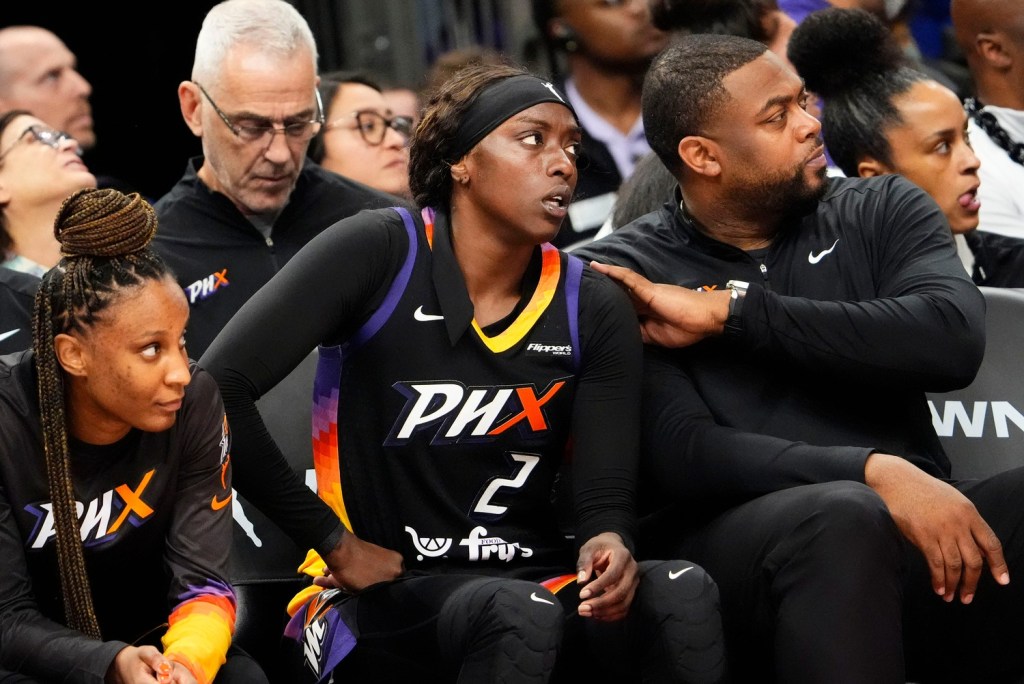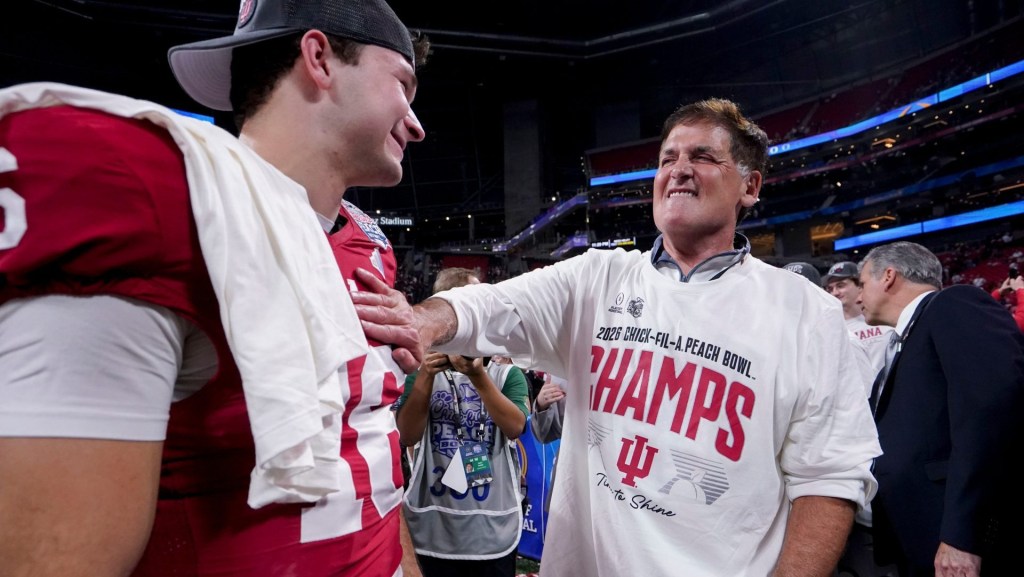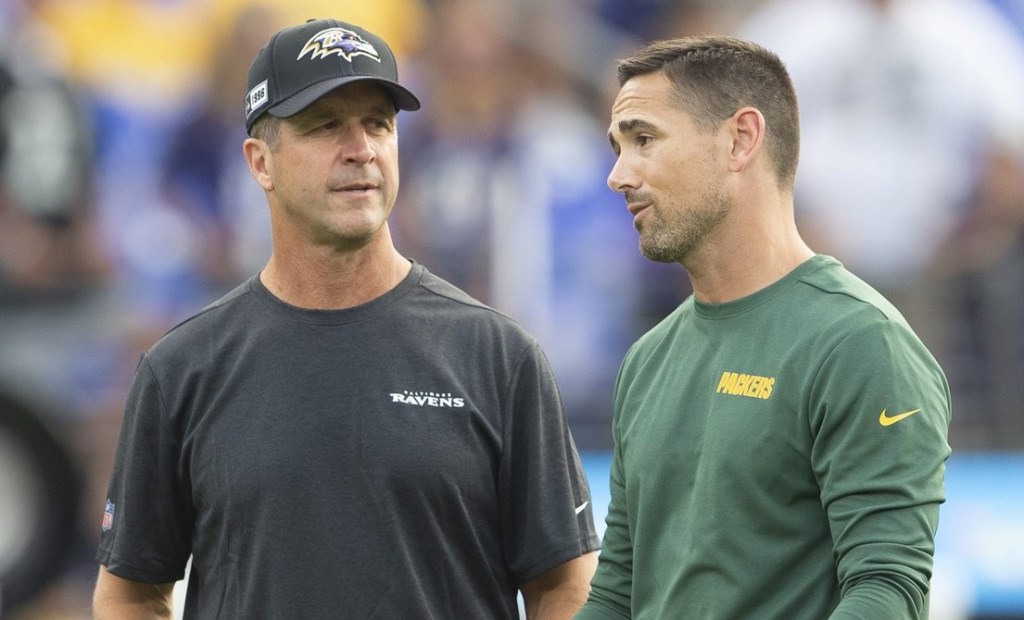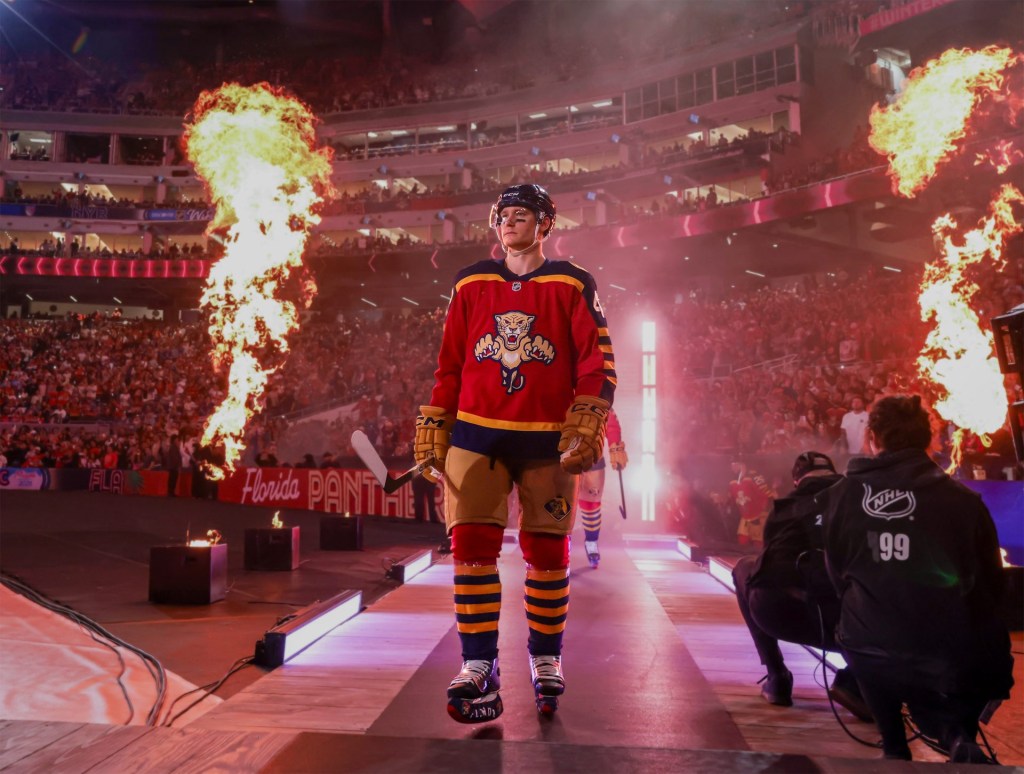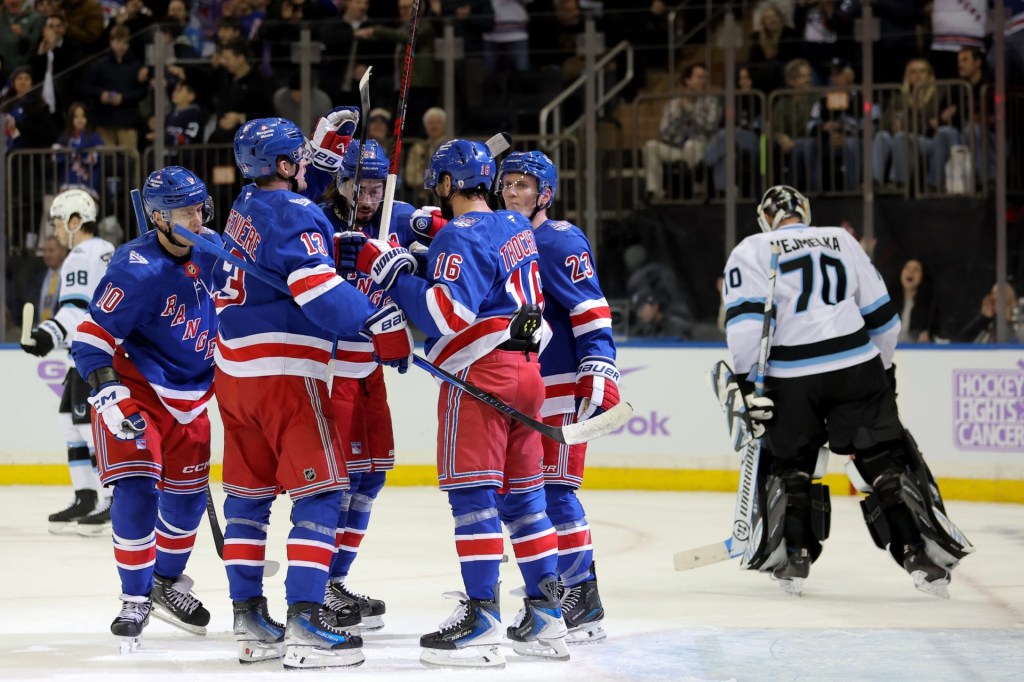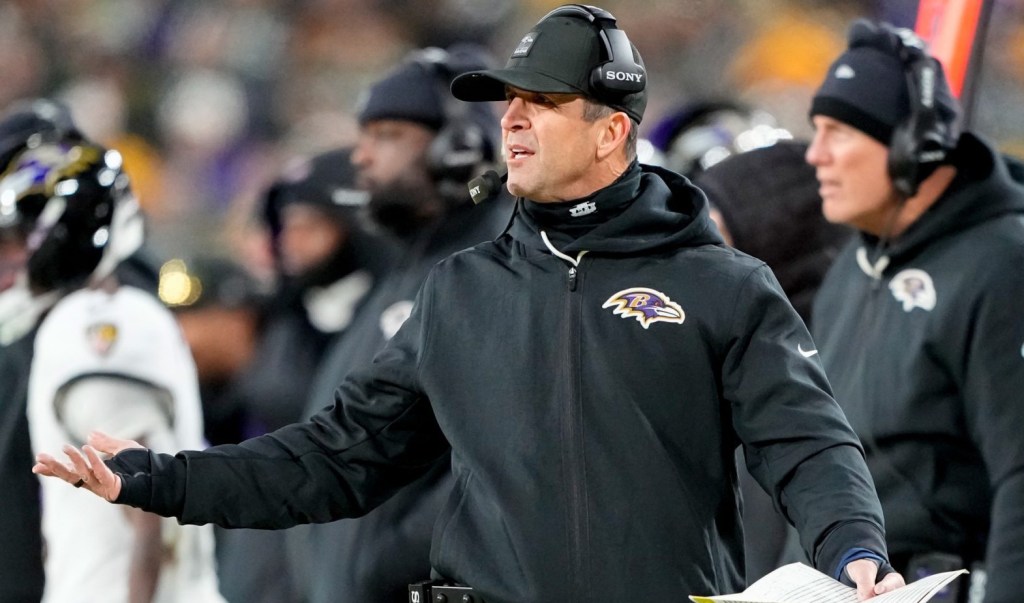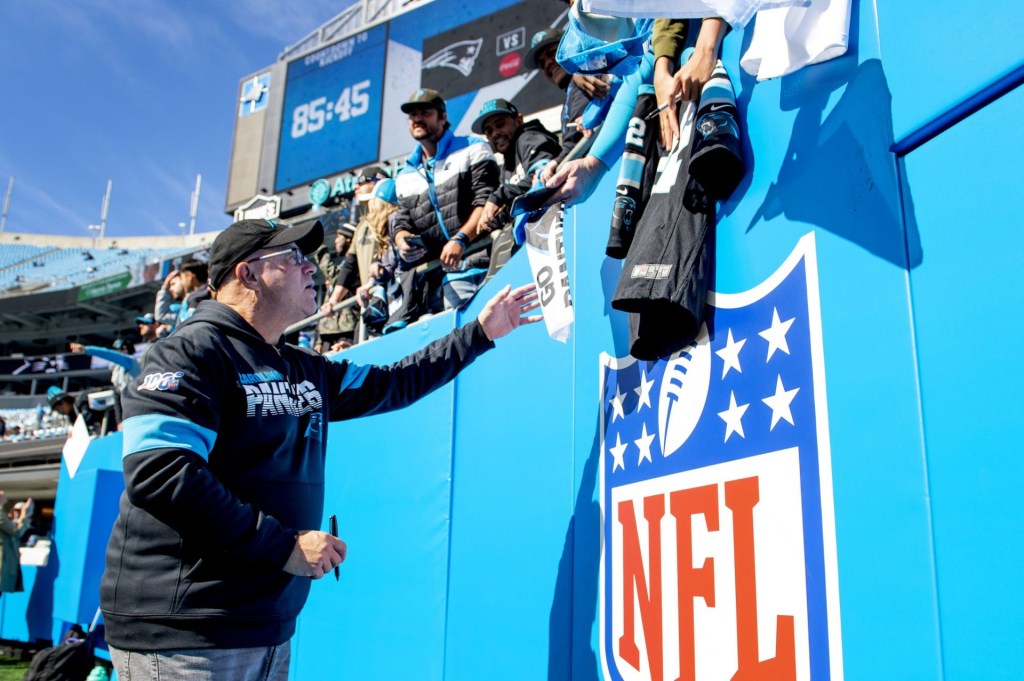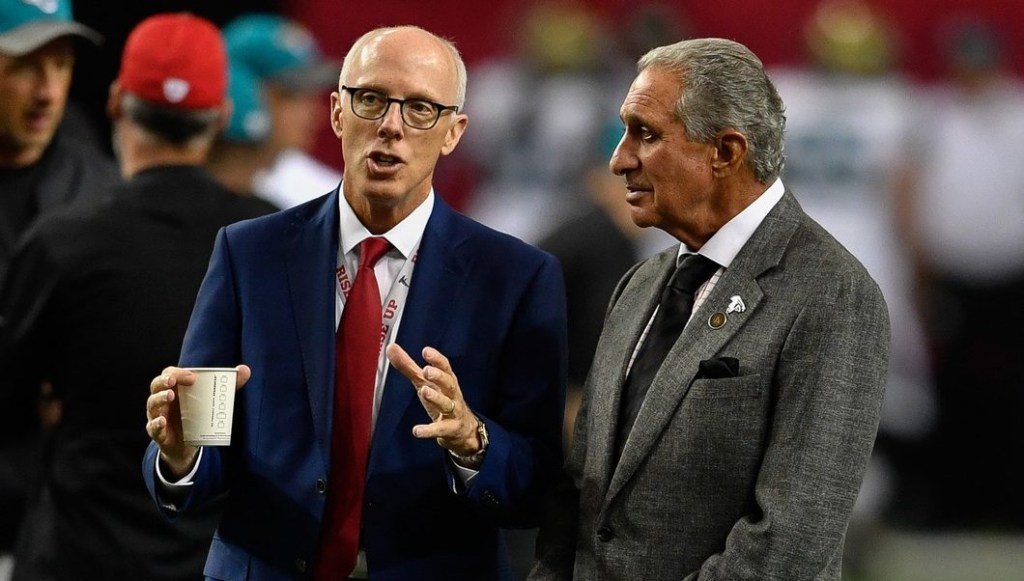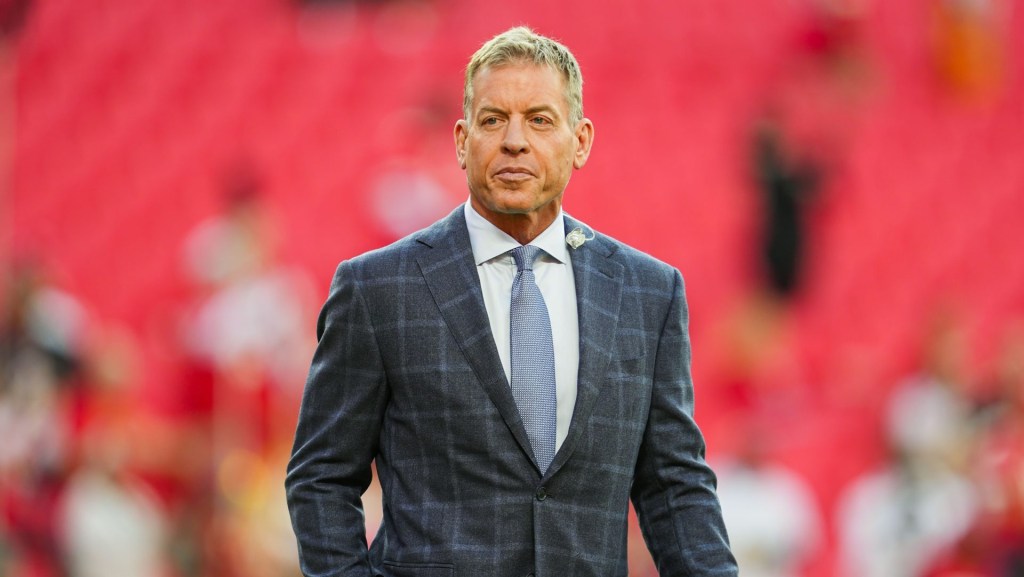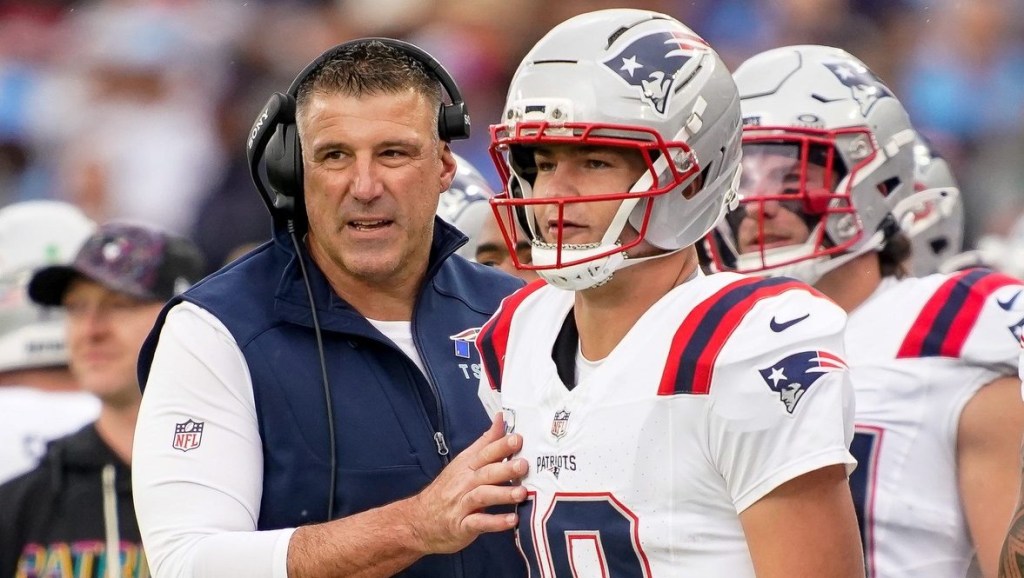MINNEAPOLIS — In a back corner of the Minnesota Lynx practice facility is a glass trophy case.
It has four sterling silver WNBA championship trophies from an era when giants roamed Minneapolis, lingering in the nightmares of opponents as the Lynx built one of the sport’s most formidable dynasties. But in another universe, on another planet, in another dimension, there are six.
That’s a world Minnesota coach Cheryl Reeve faces from time to time.
“It puts a pit in your stomach because it’s true,” Reeve tells Front Office Sports. “But at the same time, it’s just not how it works.”
While Reeve confronts the idea of being a six-time WNBA championship–winning coach on occasion—when she’s approached by fans at the airport, in Minneapolis, and even during international trips on the other side of the world—she lives in reality. And reality says, “You win as many games as your record says you won.” In 2016 and again in 2024 the Lynx—despite assertions from fans and Reeve herself that they were robbed—were not champions.
This postseason, the Lynx are a favorite to win it all, which they haven’t done since 2017. It would mean more than redemption from last year’s heartbreak; it’d mean Reeve’s Lynx would be the first WNBA franchise to add a fifth championship trophy to its case.
‘I’m Done Propping Up These Men’
Reeve arrived in Minneapolis in a tumultuous era for the WNBA. She was an assistant for the Detroit Shock from 2006 to 2009. During that time, coach Bill Laimbeer led the franchise to its second and third titles in 2006 and 2008. Before joining Laimbeer’s staff, Reeve spent four years as an assistant with the Charlotte Sting and one with the Cleveland Rockers. The Sting folded in 2007 and the Rockers in 2003.
When the grim reaper came calling for the Shock in 2009 in the form of a sale and relocation to Tulsa, Reeve received little information. One thing she was adamant about was that her next job would be a lead role. So when she was presented with an opportunity to move with the Shock to Tulsa but as an assistant on Nolan Richardson’s staff, Reeve’s response was clear.
“I said, ‘I’m done propping up these men,’” Reeve tells FOS. “Grinding my tail off and not being thought of because I’m not a man with an NBA background.”
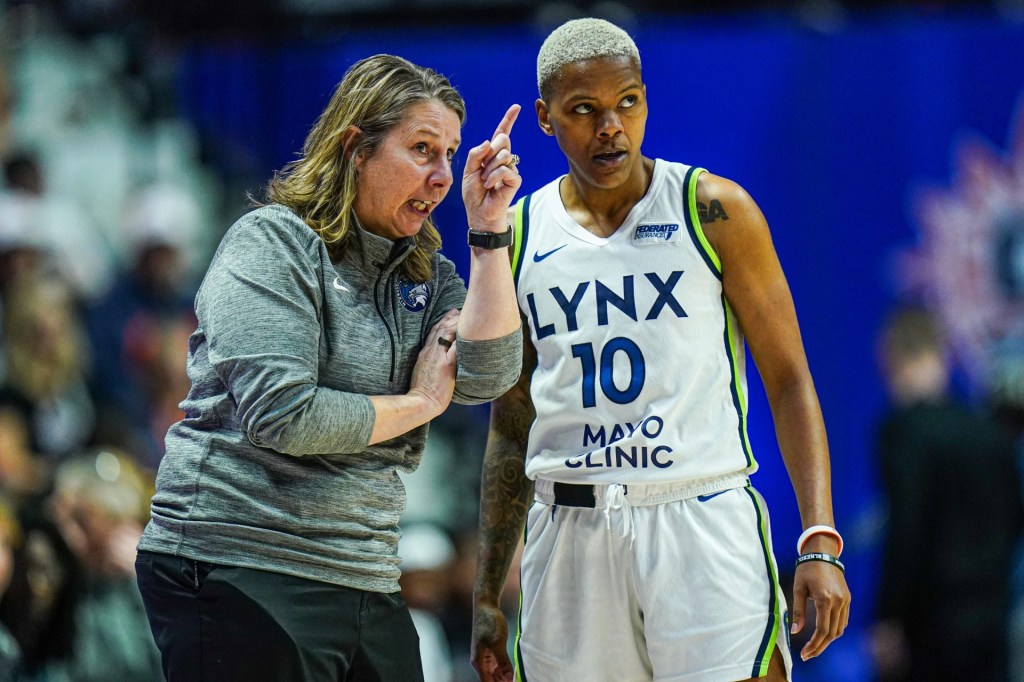
The Lynx’ inaugural season was in 1999. Over the course of the franchise’s first 10 years, it shuffled through six different head coaches, struggling to find an identity. The Lynx had two winning seasons in 2003 and 2004, before losing in the semifinals.
In 2006, after a 14–20 season, the Lynx secured their first No. 1 overall pick and selected Seimone Augustus, the first building block of the dynasty to come. Although Augustus would eventually win four titles in Minnesota, what she remembers best about her first four seasons with the franchise is a lack of stability.
Then came Reeve.
“Once they got someone in there that had a vision, knew what she wanted, and was willing to back it up with information from a previous experience with the Shock, the floodgates opened,” Augustus tells FOS. “Everything started to change with the way we traveled, ate, the hotels we slept in. Everything elevated because she said, ‘The players are the product. If they aren’t happy and their experience isn’t better, then we aren’t going to get anything out of this team, regardless of who is here.’”
Those who worked with Reeve at previous stops say she was known for her exhaustively detailed preparation.
Dan Hughes, who coached in the WNBA for more than 20 years, says that only one time in his entire career did he let one assistant write all of his scouting reports. It was the one year he had Reeve on his staff in Cleveland.
Her relationships with players have been cultivated through directness. As Reeve puts it, “Great players want to be coached.”
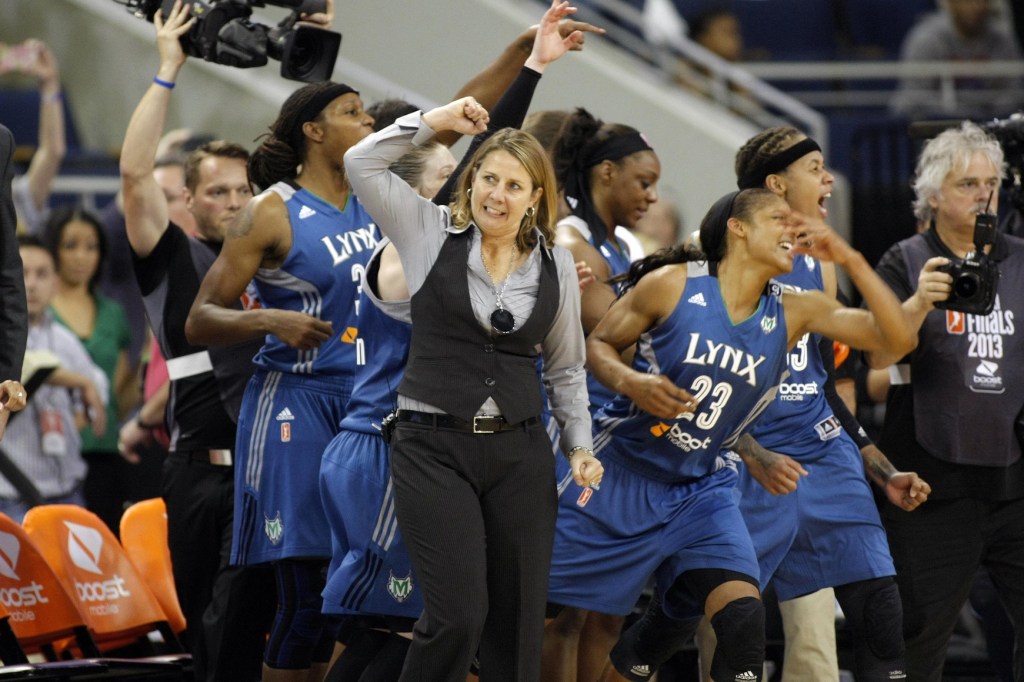
Jen Rizzotti, now the president of the Connecticut Sun, remembers a conversation she had with Reeve more than 20 years ago when she played for the Rockers.
“There was one time I went into her office as a player and I was like, ‘I know I’m struggling. I just want to know what else I can do out there to help the team,’” Rizzotti tells FOS. “She was like, ‘Jen, you gotta make your open shots. I don’t know what else to tell you. That’s your job.’”
Reeve says she targets players in the draft, free agency, and trades who prefer that level of accountability.
“She doesn’t play the radio at all,” Lynx guard Courtney Williams tells FOS.
Music plays at Mayo Clinic Square, where the Lynx practice. What Williams means: Reeve doesn’t indulge in distraction.
Those standards yielded six Finals appearances over a seven-year span, beginning in 2011. That same year, Reeve used the No. 1 overall pick to select Maya Moore, but the dynasty years included several major chess moves between titles. One of the most significant was her midseason trade for Hall of Famer Sylvia Fowles in 2015.
Midseason trades are rare in the WNBA, especially for a player of Fowles’s caliber. But the two-time WNBA champion’s discontent in Chicago with the Sky—who drafted her No. 2 overall in 2008—gave way to the second half of the Lynx dynasty.
“I had two coaches that I really liked the way they coached,” Fowles tells FOS. “Cheryl Reeve and Mike Thibault. Mike was in D.C. at the time, and he tried to get me there, but it worked out in Minnesota.”
“The Lynx tortured people for years. So when you have the opportunity to be on the other end of the stick and join that, I’m just like, ‘Yes, sign me up.’”
In 2019, Reeve drafted Napheesa Collier, who would end up bridging the franchise’s championship past to the present.
Collier was selected with the sixth overall pick, and Reeve’s immediate concern was getting her at least 20 minutes per game. An injury to Karima Christmas-Kelly pushed Collier into the starting rotation. Six years later, she’s a perennial MVP contender.
“Cheryl believed in Phee to the point that it influenced Phee to believe it as well,” Hughes says. “Cheryl’s coached a lot of great players. But she’s never done a better job than coaching Phee.”
‘There’s a Reason Why People Are Billionaires’
Reeve had a conversation early on with the franchise’s original owner, Glen Taylor, about her plan. Tanking, she says, was never an option. Instead she asked him to let her continue building winning rosters through free agency. In her tenure, the Lynx have failed to make the playoffs only twice: her first season (2010) and Fowles’s last (2022).
Though the Timberwolves under Taylor were notorious for infrequently dipping into the NBA’s luxury tax, Reeve says he rarely denied the Lynx anything they asked for. In 2015 he built a first-of-its-kind WNBA facility, which the Lynx shared with the T-Wolves. The entire building was designed with both teams in mind, from the branding to the actual space allotted to each team.
But Reeve says the same sentiment didn’t cross over into her contract negotiations.
“There’s a reason why people are billionaires,” Reeve says. “They win a lot of deals. I never won in any contract battles that I had. But I also understand that Glen and Becky owned a team when the valuations weren’t where they are now.”
Taylor didn’t necessarily want to have the highest-paid coach in the league, Reeve says. Along the way, Reeve considered leaving the Lynx for other opportunities twice.
Cultivating a Fan Base
In the early 2000s the heart of women’s basketball culture in the area was three miles east of the Target Center on the University of Minnesota campus. Playing point guard for the Gophers was Lindsay Whalen, a local product from Hutchinson, Minn., who would one day become the starting point guard for the Lynx championship teams.
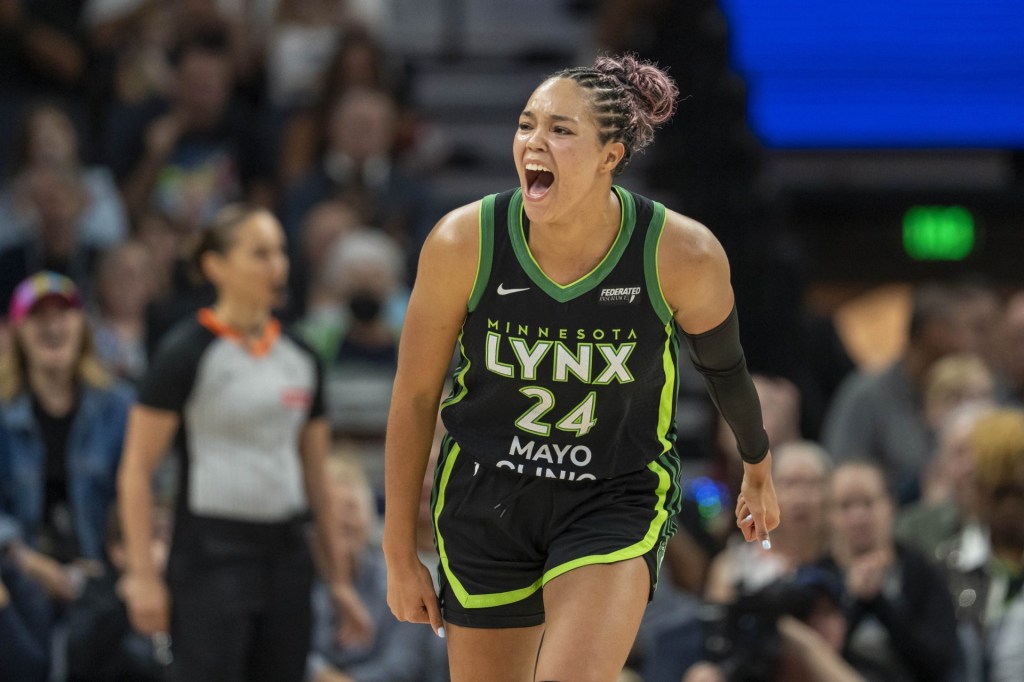
“The WNBA started when we were like in ninth grade,” Whalen, who joined Reeve’s coaching staff this season, tells FOS. “So there was high school basketball, college basketball, but it wasn’t on TV. It wasn’t a big thing. I remember when the Gopher men’s basketball team went to the Final Four in 1997, I was like, we need to do that for women’s basketball.”
Whalen’s senior year was complete with record crowds en route to the program’s first and only Final Four appearance. Those crowds didn’t fully translate for the Lynx.
After averaging 10,494 fans per game during its inaugural season in 1999, fourth best in the WNBA that year, Minnesota’s average attendance dropped off. From 2000 to 2010, the Lynx were in the bottom half of the league in average home attendance.
Augustus recounts that in those early years, players worked with the team’s ticket sales staff to call season-ticket holders and convince them to renew.
“Hi, this is Seimone Augustus,” the Hall of Famer would say into the receiver. “Are you going to renew your season tickets?”
Disbelief was the initial response. Once the ticket-holder was convinced it was really Augustus on the line, the conversation would occasionally get off track.
“People were like, ‘We’re so disappointed!’” Augustus says. “We’d just have to take it on the chin. Then we got to a point where there weren’t enough season tickets.”
Lynx president of business operations Carley Knox—who is married to Reeve—was hired in 2010 as the team’s business development manager. She tells FOS her job when she came on board was building off the team’s “grassroots” support.
Its early season-ticket holder events were bowling potlucks. This year the franchise renewed more than 90% of its season-ticket memberships, leading to a 76% increase in full-season ticket revenue year over year. Its partial-plan ticket revenue increased by 89% since last season.
Overall ticket revenue for the Lynx has increased 134% since 2023.
Playing for Five
Reeve knew during training camp last season that the team she had was special.
Reeve was reminded of the dynasty team. By the end of the Finals, she got another reminder of the dynasty years—but this one was painful.
Walking into Game 5 last October in Brooklyn, five-time WNBA champion and current Lynx assistant Rebekkah Brunson had a feeling that if the Lynx didn’t dominate the game, it would be decided by the officials. Nine years earlier, she had experienced it firsthand playing in the 2016 Finals, which were overshadowed by a questionable call.
In 2016 it was a missed shot clock violation that the league recognized days after the Los Angeles Sparks’ Game 5 win over the Lynx.
Last year, the call that’s been scrutinized and heavily debated came with less than six seconds left in regulation. The Lynx had a two-point lead when an official called a shooting foul on Alanna Smith. On the broadcast, Brunson could be seen turning away from the court and throwing her clipboard down on the bench.
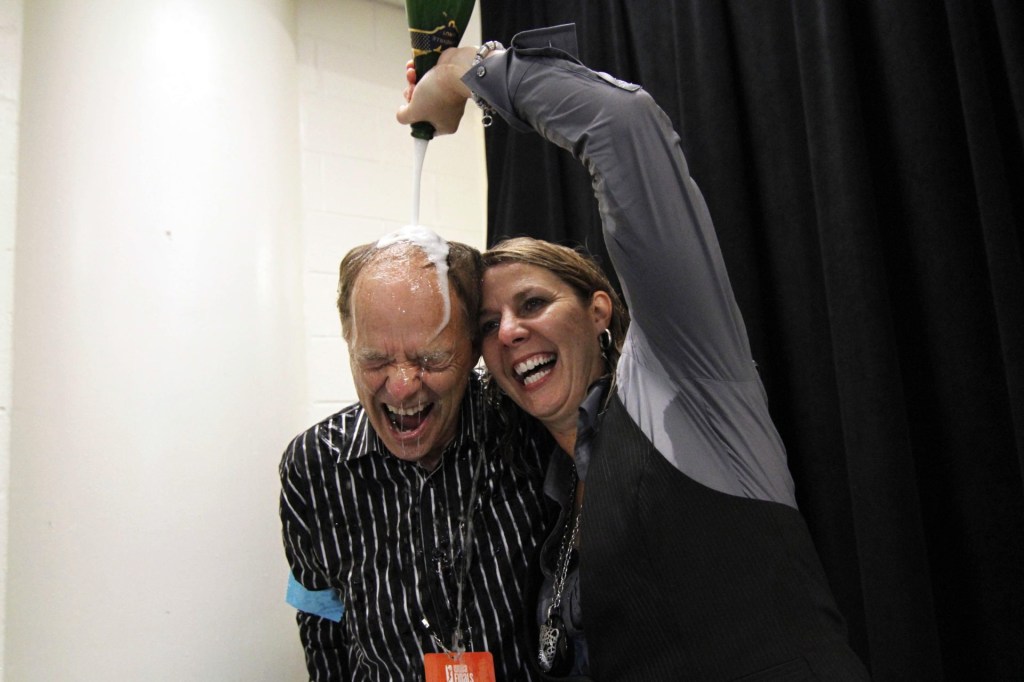
Two-time MVP Breanna Stewart made both of her free throws, sending the game to overtime and an eventual New York Liberty win.
“When it finished that way, I was so sick for them,” Brunson tells FOS. “I was like, ‘They’re not going to sleep. They’re not going to eat. They’re going to be so hurt by this situation.’”
Last year’s Finals loss is fueling this season’s revenge tour.
Not everyone within the organization acknowledges it in that way, but it lingers in the air like humidity before a thunderstorm. That pressure buildup has resulted in a 34-win season, anchored by the best offense and defense in the league. It earned the Lynx more history, as they became the first team in the league to advance to the postseason 14 times in a 15-year span when it clinched in August. It was the only team to make it out of the first round with a clean sweep of its opponent, the Golden State Valkyries.
Reeve, the architect of it all, says she doesn’t think about how a new trophy would add to the four the franchise has, even if it would make the Lynx stand alone. Instead, she says, it’s the thought of what it would mean to this specific group of players.
“For their season to culminate in a championship, it would just … you know,” Reeve trails off, letting her grin finish her sentence.

